The US government made treaties with the Indians that would stand as long as the rivers shall run, the grass shall grow and the mountains shall stand– or ninety days– whichever comes first. (passed around in many quarters).
===
Just before Custer got ready to go into battle, he lined up all the bureaucrats from the Bureau of Indian Affairs and gave them express orders not to do anything until he returned. They have been following those orders ever since. (Told by Esther Stutzman)
===
We knew that whites had arrived when we woke up one morning and the river was moved. (Told by Richard Cultee).
===
A Native elder was giving a conference talk when a well-meaning audience member asked her what whites could do to help her people. “You could,” came the reply, “Stay in one place.” (see my page with this title for more on this topic).
===
One day in the 1950’s, Chehalis elder Dan Secena was sitting in a local store passing the time beside the woodstove and chatting with the store owners when a tourist with a big stetson and boots to match wandered in and spotted him. He made a beeline for the elder to ask him, “Well, chief, what kind of winter we in for?”
“Oh”, replied old Dan. “We’re in for some rough times. Why the squirrels are putting away nuts. And the white men are really chopping wood.”
The tourist nodded solemnly, obviously missing the joke. After he left, Dan turned to the store owners and said, “Those whites think we Indians know everything!”
(Told by the store owners).
===
When an anthropologist came to the Anishinabe and asked for details of the culture with an uppity scientific air, the people responded appropriately. They told him that he could know the culture best by learning about it as did their children. Then they told their children to have at it– that is, make up whatever they thought would be fun.
The children had that anthropologist breaking the ice on the lake and stripping to dive in for a mysterious ritual they made up. In fact, they made up a whole culture for him, with each part more ridiculous than the next.
The woman who told me this was one of the children involved– by then, she was an Anishinabe grandmother. She also told me that any time this man would have been “honest with himself” and stopped putting on airs– and starting treating the people as fellow human beings, they would have called off the ruse and had a good laugh together. But he never did and so they never told him every bit of field information they gave him was made up on the spot.
They are a little concerned, however, about what this anthropologist might have written up as the “real” Chippewa way of life.
===
When a man was asked to give his life history for a film on Chehalis culture, a local great grandmother opined he did a real nice job telling that story. “Only thing is, he didn’t give us the ending”.
===
The Puget Salish storyteller Johnny Moses was traveling to a conference by plane when he was seated next to a white man who began a conversation with Moses by asking, “What-um your name-um?”
Moses responded in kind, “My name-um is-um Johnny-um Moses.”
“Ugh”, the man nodded in assent, “What you do-um on this plane-um.”
“Me travel across the water-um”.
And so the conversation went, with Moses echoing the man’s stereotypical Indian speech the whole way. Finally, when it was time to get off the plane, Moses said without a trace of the bizarre way of speaking, “Say, man, where did you learn English? You’re really coming along. You speak it pretty well.”
Then, Moses says, the man became the real “red man”, he was so embarrassed. To his credit, the man got the joke and he and Moses became friends.
===
“When we saw the first white man with his red hair flying out in all directions, we thought he head was on fire.” (Told by Nina Baumgartner in the context of telling traditional tales about being careful with fire. It is important to add that throughout the Northwest, pioneer towns were notorious for being carelessly set on fire more than once).
===
When a young anthropologist went to Makah to interview a Makah grandmother, he encouraged her to tell sacred songs and rituals from her tradition. However, she just kept repeating this statement, “There was a man whose parents did not save his umbilical cord for him, and so he kept asking these questions of other people.”
The man never understood what she was trying to tell him, so their conversation never got off the ground and the anthropologist finally left in frustration. (told to me by Del MacBride who witnessed this).
More coming! Feel free to add to these.







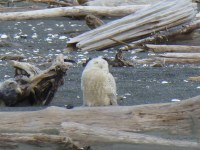
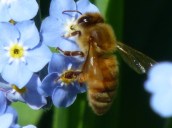










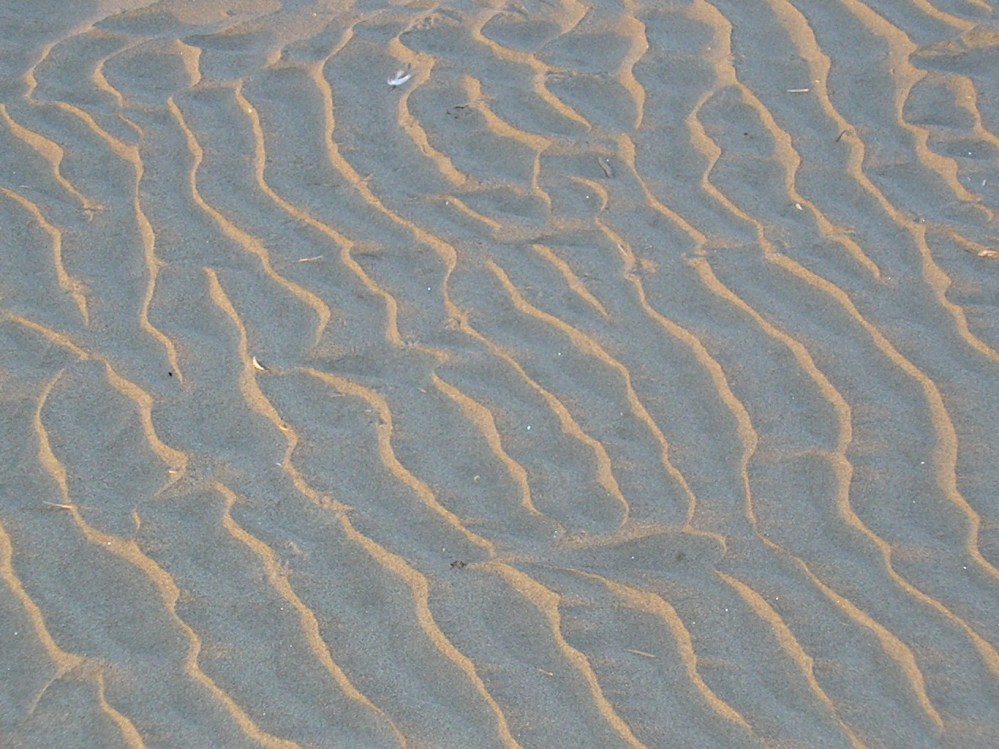
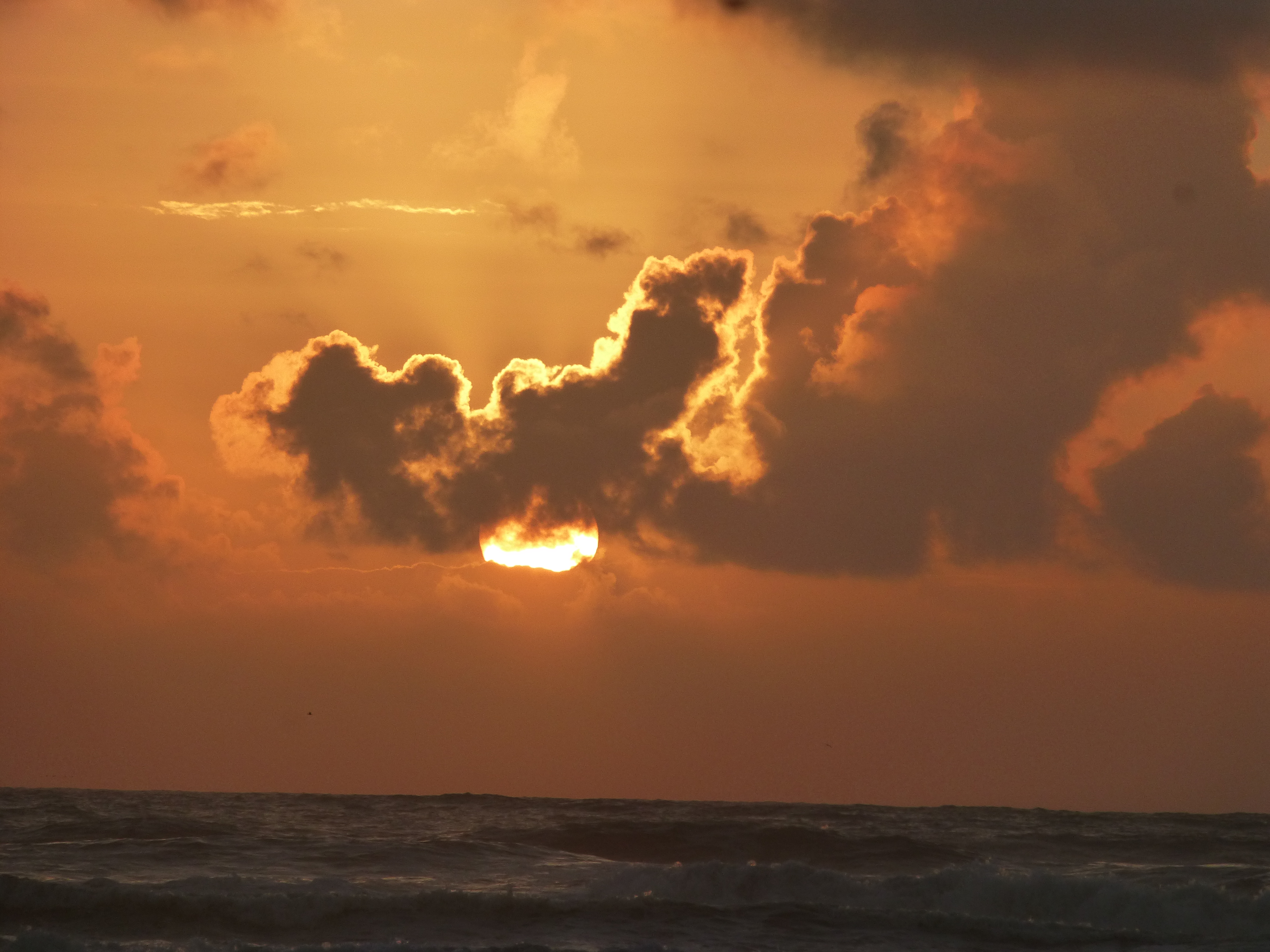
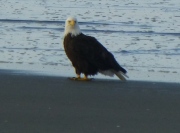



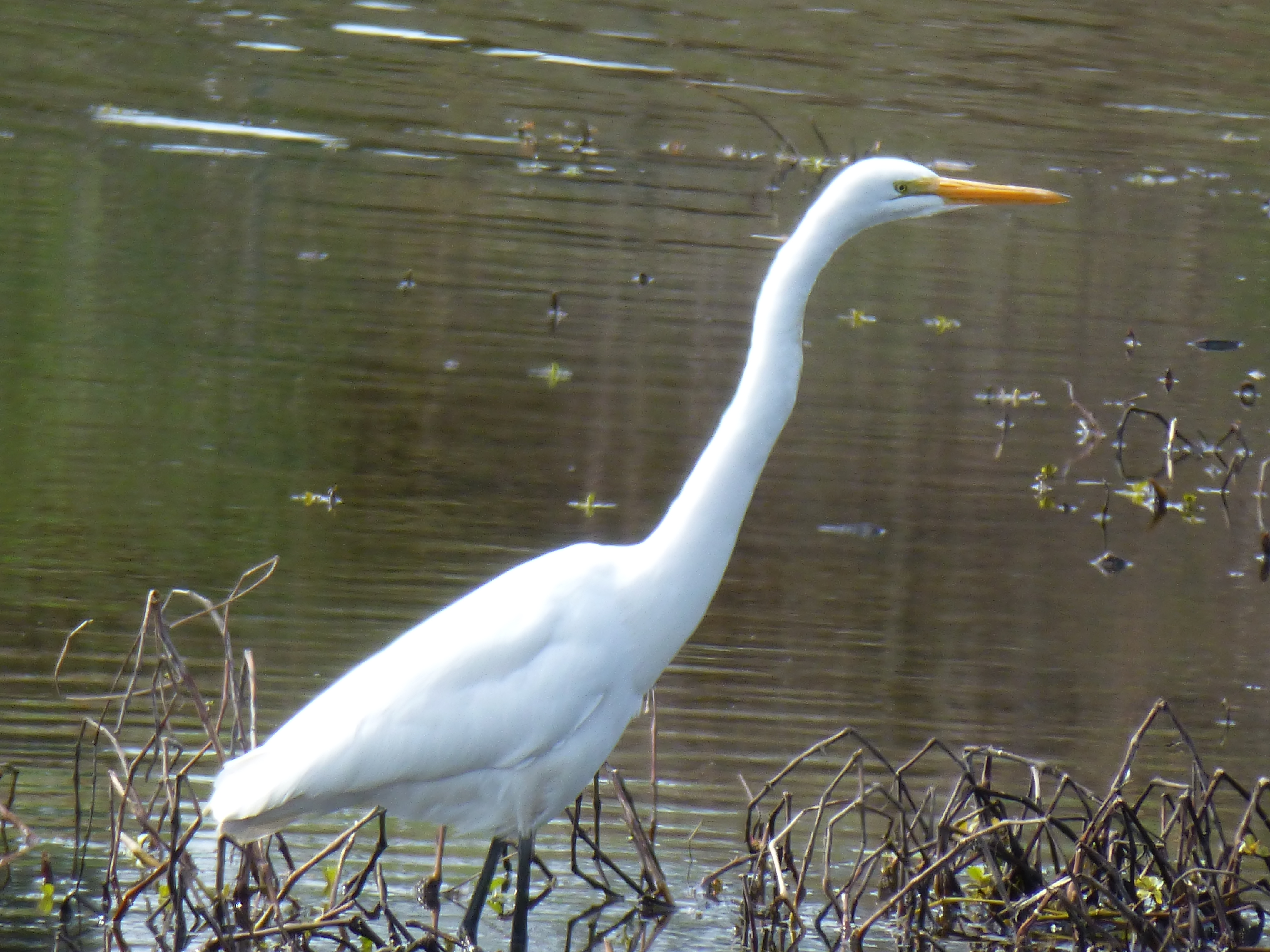








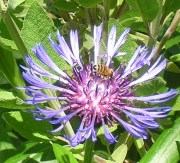

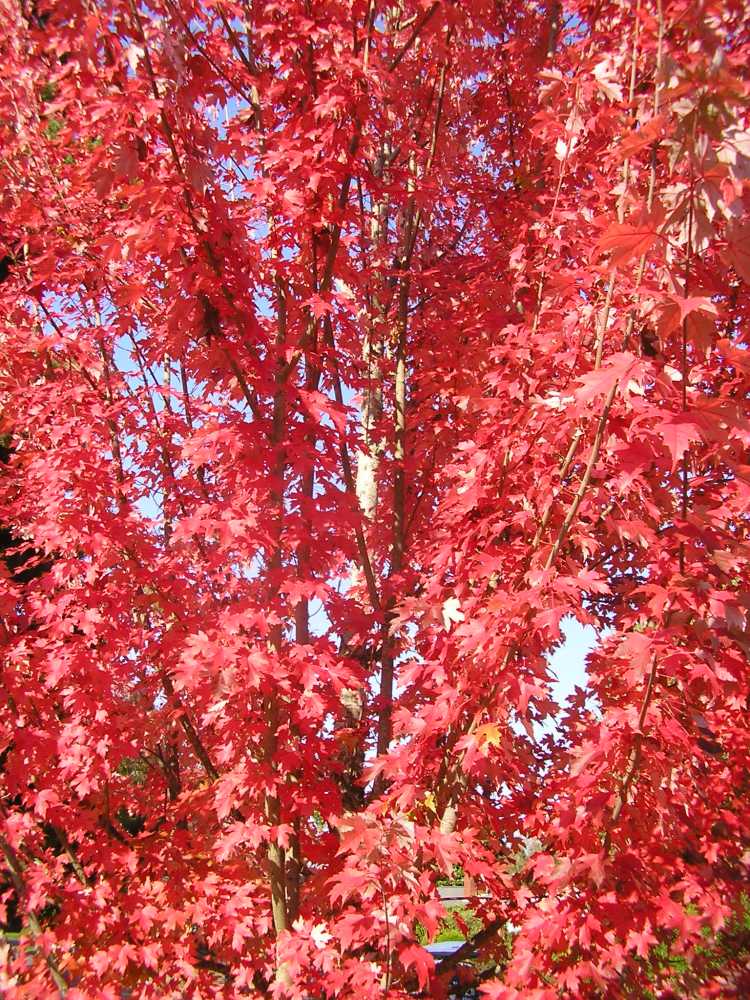

Each story has a meaning. I recently met with the True Ute and they’re doing great conservation efforts with the NRCS. You’ll notice that most stories hold little malice. And I admire that.
They hoild little malice, but pointed meaning– communicating that way is a skill we might all cultivate, Tina. I hope you and your family are doing well.
Would you mind if I made a strictly personnal copy of the note publshed by Walking the Red Road page, to study it better ?
I’ll wait your permission…
That is fine, Francis. I appreciate your asking.
what concerns me is that I, referred to in jest as “the great white menace” by my first nations (haudenosaunee) friends due to my celtic – Scandinavian heritage and interest in anthropology, ethnology and archaeology (and respect repatriation of course), must explain certain nuances of “indian” humour to my friends……..
My sense is that once we can laugh at ourselves, no matter what our background, then we can develop some perspective.